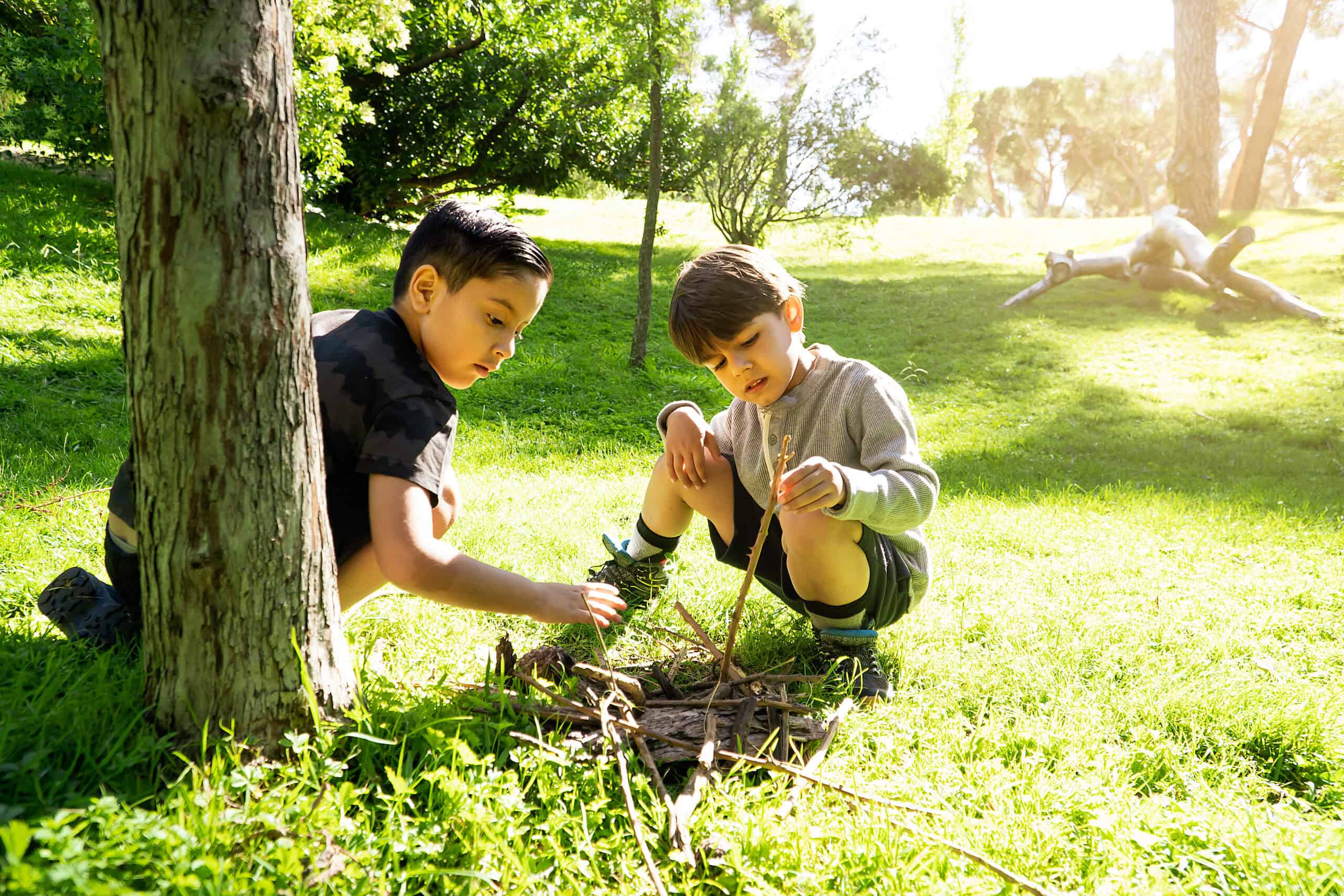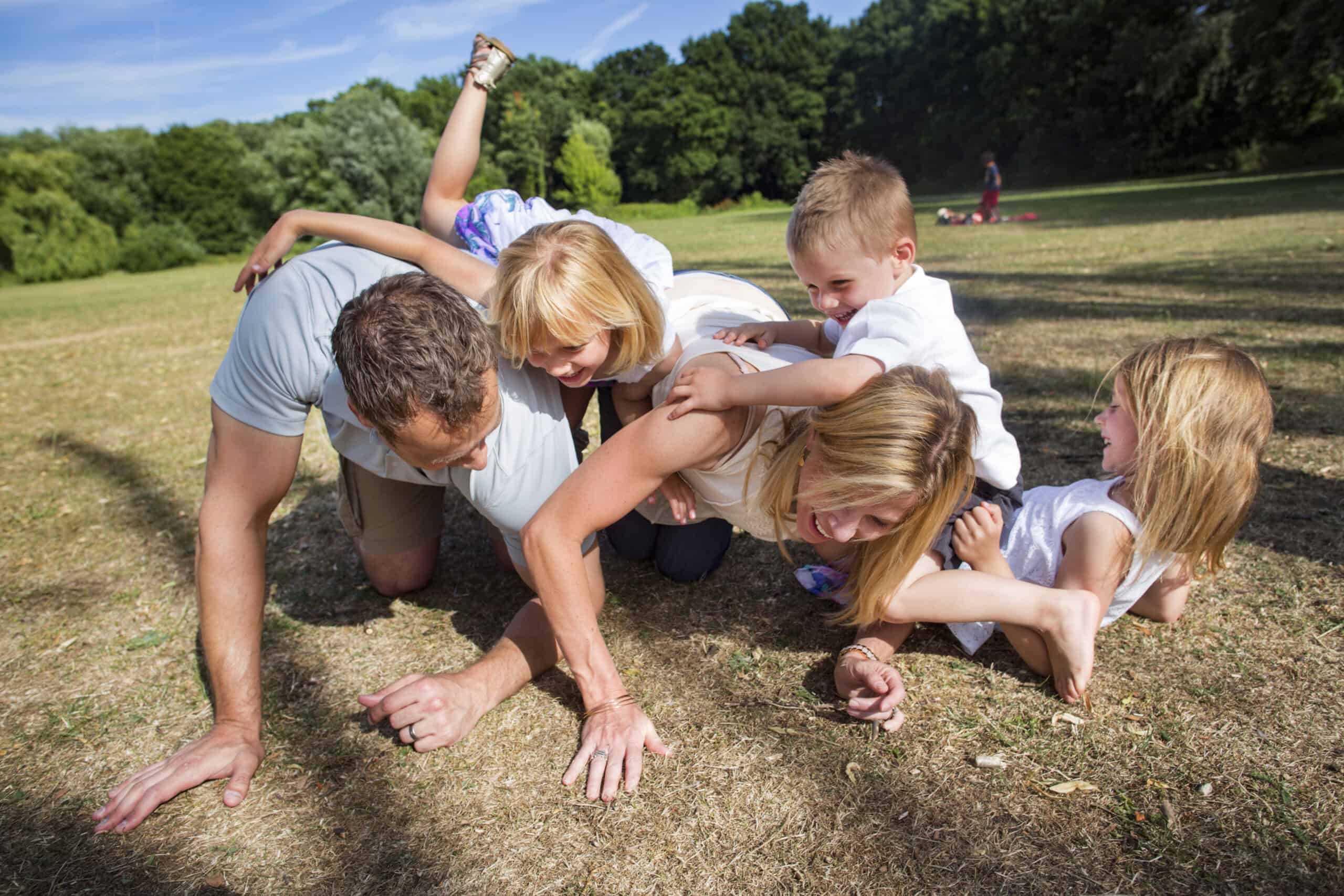Level: 3. Family
Family embodies the concept of “home,” focusing on the interconnected relationships within familial systems. It is the living system of the Robust Family, fostering financial, familial, and household wellbeing. Positive social support underpins this level, recognising that families form the primary nurturing environments where individuals thrive. Nested within communities, Family perspectives emphasise the importance of mutual care and intergenerational growth, forming the bedrock of collective wellbeing.
-
Building Better Brains: How Play Strengthens Executive Function in Children
Have you ever wondered why some kids seem more focused, organised, or able to stay calm under pressure? Executive functioning has become a popularised brain word. What exactly is executive functioning? It is the brain’s way of processing information while regulating the self. It involves our working memory, planning, self-monitoring, time management, self-control and organisation.…









